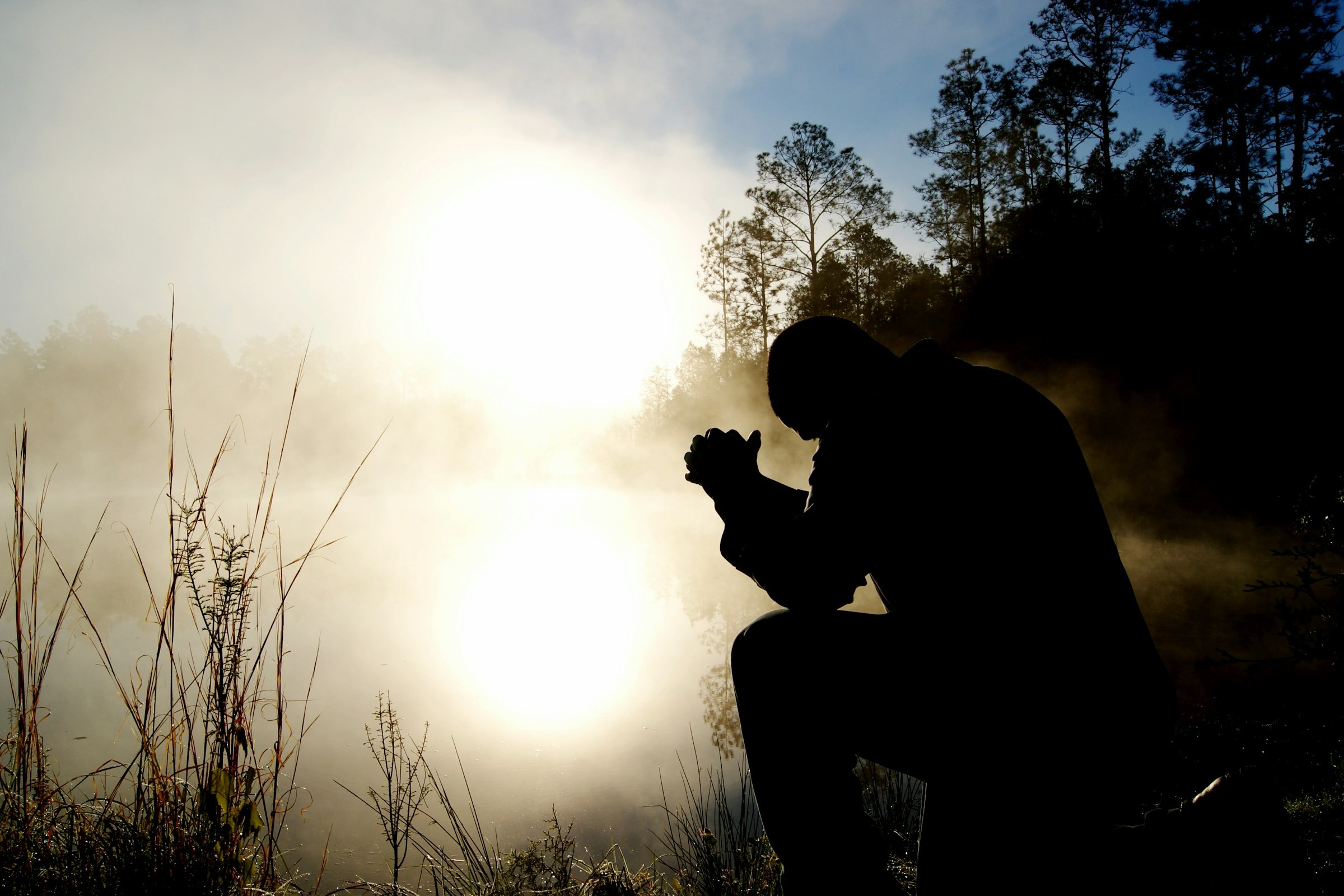“You can’t think your way out of anxiety,” said my therapist. I disagreed. Studying and problem-solving were my strengths. What did she mean I couldn’t think my way out of anxiety?
I had experienced anxiety from the birth of my first child. I was a “high-functioning” anxious person, which meant I was efficient but lived in an almost perpetual state of dread and fear. I didn’t know I was suffering from clinical anxiety. It was only when it manifested in serious physical symptoms that I sought medical advice and my somewhat confused GP introduced the possibility of anxiety. I laughed. Anxiety? Of course not. That same day I self-referred for a course of Cognitive Behavioural Therapy.
CBT works by uncovering and changing core beliefs. These are deeply held beliefs about the self and the world. These inflexible, typically unconscious beliefs, are usually formed in early life and shape our experience of the world. Negative core beliefs, such as, “I’m a failure,” or “I’m not enough,” power mental disorders like anxiety.
Coming face-to-face with core beliefs was disturbing. The realisation that I had been living by an unconscious, inherited set of beliefs that I had not chosen and did not even agree with was an astonishing game-changer. I had lived for so long as though they were true. “But they are not who you are,” explained the therapist. “You are merely experiencing the thoughts. You can change them, play with them, rewrite the script.”
From there I embarked on a gradual process of letting go. My therapist would say, “Don’t try to control the thoughts. Rather calmly observe them pass.” This was a revelation. She was right–it worked. But this raised some pressing questions. To say that I can observe the rise and fall of my thoughts and feelings means I am not the thoughts and feelings. But then who is in there watching them? Now this is interesting.
She was (perhaps unintentionally) pointing to a profound truth. You can’t think your way out of anxiety because–as the very process of CBT shows–the only way to be truly liberated from fear is to realise that fear is only the experience of a transient part of you, not an experience of who you are.
This realisation transformed my faith. The possibility of experiencing God through a deeper level of conscious awareness in the stillness sitting somewhere beyond the mind’s endless chatter, the cause of our endless suffering, made sense. The therapist was right; we are far more than our thoughts and feelings.
Of course, the many religious and spiritual traditions emanating from Indian philosophy would not be surprised by my small discovery! They have taught this wisdom for centuries. But they are not alone on this matter. All our great religious traditions point to a state beyond the small self where we experience our greatest capacity for love, compassion, and authentic happiness, and this fearless state, beyond all human effort, makes true lasting freedom and peace a real possibility.

